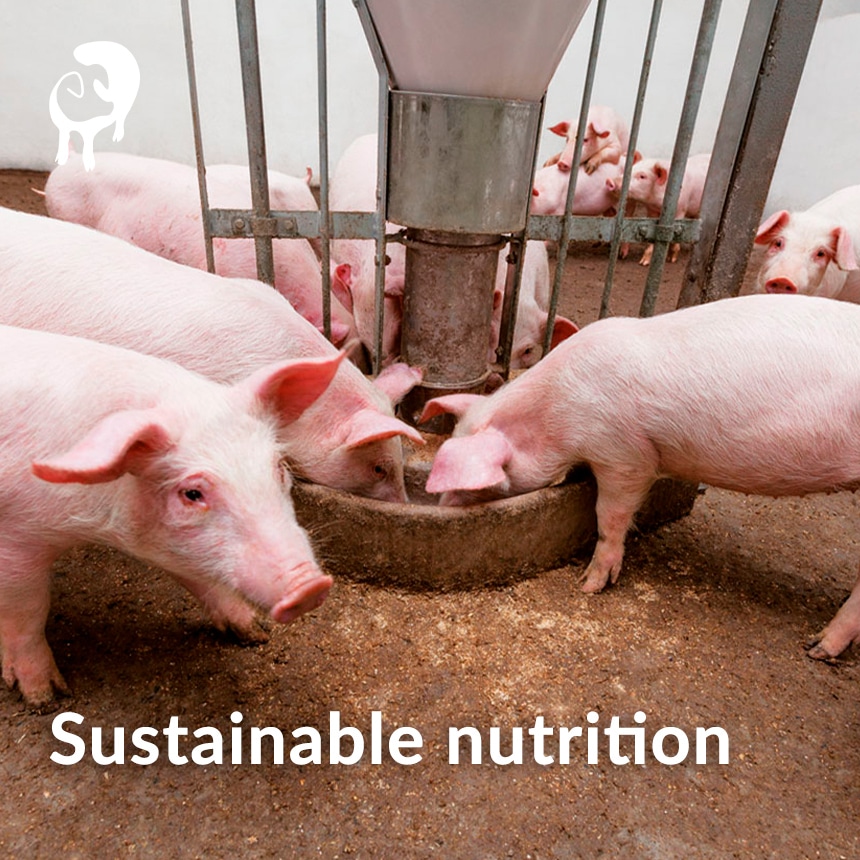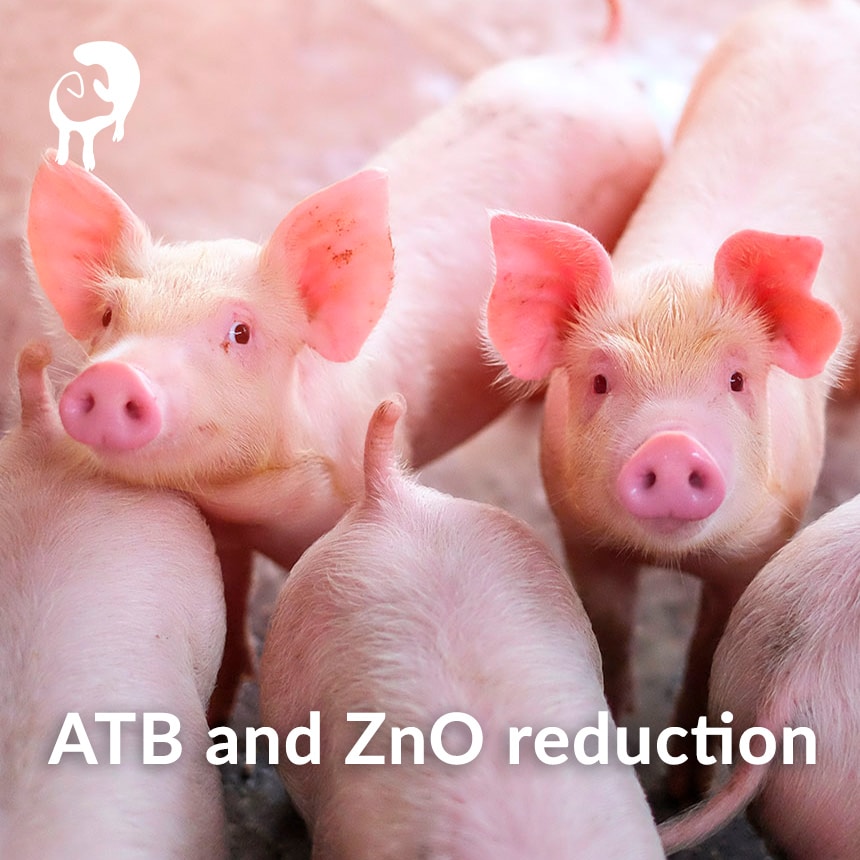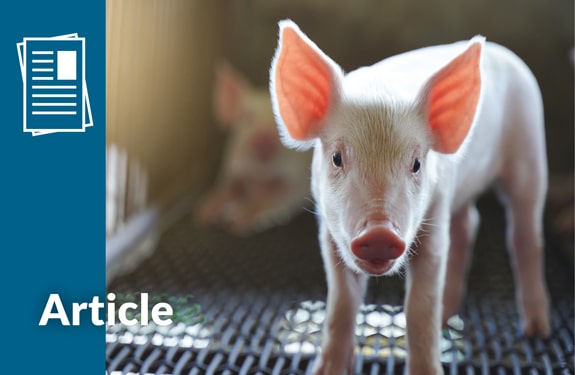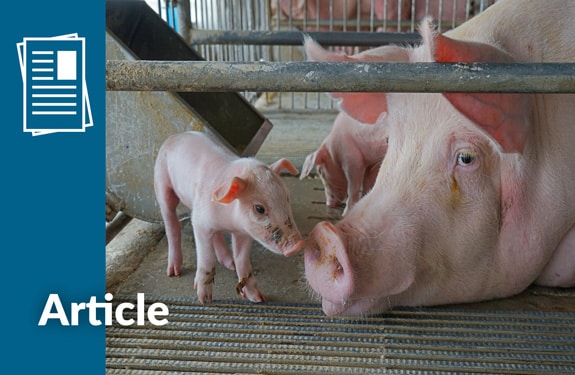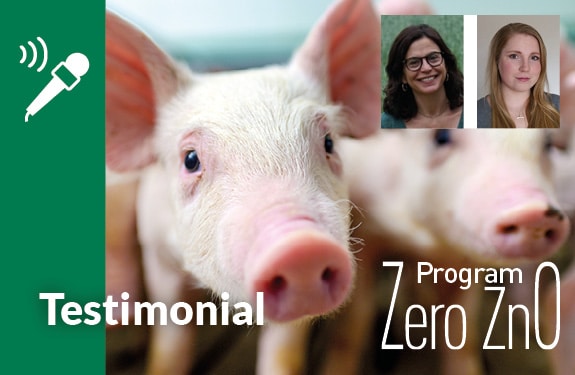Download our Technical Guide on Lawsonia Intracellularis management

Download the Pig progress special Lawsonia Intracellularis edition

Lawsonia intracellularis, the bacteria that impairs intestinal health
| Producing pork requires healthy pigs with healthy intestines. Since buying feed represents the majority of pig production costs, healthy intestines are of the utmost importance to achieve good performance and profitability on pig farms. L. intracellularis is one of the enteric pathogens that undoubtedly has the most impact on pig performance and welfare. It greatly affects the ability of the intestine to digest and absorb nutrients from feed and compromises the intestine’s capacity to protect itself from external attacks. In addition, an infection caused by L. intracellularis can alter the structure of the microbial community and the composition of a pig’s intestinal microbiome. This increases the risk of dysbiosis and co-infection with other pathogens, thus adding to an impairing of intestinal balance. Antimicrobials are a common way solve this issue. However, to produce animal protein in a more sustainable way, the need for alternatives has become an important on-the-ground need. |

Yeast beta-glucans to restore intestinal balance
Probiotics and postbiotics are widely used in both human and pig nutrition. Intestinal balance and resilience are crucial for good performance in pigs. In addition to the widespread use of live yeast as probiotics, yeast beta-glucans are also promising tools to help build intestinal balance and boost the intestinal resilience of pigs which are facing enteric disorders caused by L. intracellularis.
Yeast beta-glucans to reinforce resilience to Lawsonia intracellularis
Phileo by Lesaffre’s research has demonstrated that supplementation with yeast beta-glucans helps pigs to be resilient to enteric disorders caused by L. intracellularis, thus contributing to enhanced growth performance and welfare.
Acting on the microbiome balance with yeast beta-glucans
The composition of the microbiome is directly associated with the health of the host. Alterations to the composition of predominant organisms or dysbiosis are associated with gastrointestinal disorders and productivity losses. Phileo by Lesaffre’s beta-glucans have been associated with an improved microbiota balance, thus helping supplemented pigs to limit the negative effect of dysbiosis due to Lawsonia intracellularis.
Intestinal balance for better pig farming performance and sustainability
Field applications of Phileo by Lesaffre’s yeast beta-glucans during the grower-finisher period have been shown to yield an extra weight gain of 4.1 kg at the end of the production period. Growth was mproved, by 84 g per day, over 5 consecutive weeks, compared to non-supplemented controls, during the time when L. intracellularis was expected to impact the intestine. This improved growth performance correlated with better intestinal resilience, as evidenced by a reduction of pathogen shedding with 53% less positive pigs at the end of the production period.
Yeast beta-glucans for the swine industry
Choosing yeast beta-glucans produced from a proprietary yeast strain, through a mastered manufacturing process that guarantees a high level of biologically active 1.3/1.6 beta-glucans, is key to providing pigs with a reliable source of yeast beta-glucans. Phileo is committed to offering the pig farming industry reliable and sustainable solutions for inclusion in the animal nutrition and welfare management toolbox. Phileo’s yeast beta-glucans have been demonstrated to induce a beneficial microbiome composition change in pigs and to improve the intestinal balance and resilience of pigs affected with enteric disorders due to L. intracellularis.










